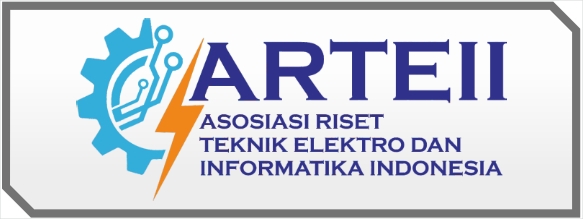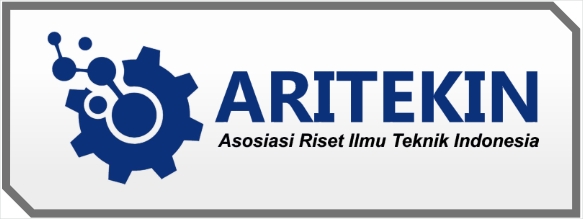The Impact of Implementing Omnimbus Law On The Industrial Revolution 4.0 in Indonesia
DOI:
https://doi.org/10.55606/icesst.v3i1.391Keywords:
Industrial Revolution 4.0, Globalization, Common Law System, Omnibus LawAbstract
In the era of industrial revolution 4.0, the whole world is experiencing very rapid development. This industrial revolution was the driving force for the creation of globalization which influenced many aspects of life. The era of information technology places human life in the midst of rapid technological developments. Technological advances have also brought changes to the legal system in Indonesia. The Indonesian legal system follows the civil law legal system and has undergone adjustments to apply the existing legal system in countries that adhere to the common law legal system. This is clearly seen with the Omnibus Law which aims to simplify regulations to make it easier for business entities to apply for permits to open their businesses in Indonesia and increase investment in the country. Technological changes in the industrial revolution era have brought changes to the Indonesian legal system with the implementation of different legal systems to answer the challenges of this industrial era.
References
Kustiati, Eti Kustiati. "Opportunities and Challenges: Implementing the Industrial Revolution 4.0 During the Covid-19 Pandemic." In Proceedings of the National Seminar on Educational Management, vol. 2, no. 1, pp. 501-513. 2021.
Lestari, S. (2018). The role of technology in education in the era of globalization. EDURELIGIA: Journal of Islamic Religious Education, 2(2), 94-100.
Matompo, Osgar Sahim. 2020. Omnibus Law Concept and Problems with the Job Creation Bill. Rechtstaat Nieuw. Vol. 5, no. 1.
Mahendra, H. H., Nugraha, F., Nurani, R. Z., & Hikmatyar, M. (2020). Use of Digital Learning Materials in Elementary School Learning to Face the Industrial Revolution 4.0. Journal of Community Empowerment, 2(1), 85-91.
Muhammad, N. E. (2013). Epistemology of the Development of Islamic Law. Al- Mizan, 9(1), 77-86.
Noho, Muhammad Dzikirullah H. 2020. Positioning the Common Law System and Civil Law System from a Progressive Legal Perspective in Indonesia. Rechtsvinding Journal: National Legal Development Media.
Prasastiningsih, S., Kurniasari, E., Mubarak, H. H., & Latifah, E. (2022). State Authority to Impose Sanctions to Promote Legal Compliance, Lex LATA, 2(1).
Prasetyo, B., & Trisyanti, U. (2018). Industrial revolution 4.0 and the challenges of change social. Science and Technology Journal of Proceedings Series, (5), 22-27. Prasetyo, H., & Sutopo, W. (2018). Industry 4.0: Review of the classification of aspects and directions of research development. J@ti Undip: Journal of Industrial Engineering, 13(1), 17-26.
Son, Antony. 2020. Implementation of the Omnibus Law in Regulatory Reform Efforts. Indonesian Legislation Journal. Vol. 17, no. 1.
Downloads
Published
How to Cite
Issue
Section
License
Copyright (c) 2024 The International Conference on Education, Social Sciences and Technology (ICESST)

This work is licensed under a Creative Commons Attribution-ShareAlike 4.0 International License.















